September is the start of the new school year within the education sector. It welcomes new beginnings for students across the country but can also be considered a fresh start for anyone seeking a career change.
If you’re considering a new IT or tech job, now is the time to explore the market and see what roles are available. Don’t wait till the new year to say goodbye to your old job. Be proactive and start fresh this month! First, write a strong CV, ensuring it accurately reflects your skills and experience and send it to prospected employers.
Once you’ve been offered an interview, the hard work starts. Interviews are scary, nerve-wracking and difficult for most of us. But it doesn’t have to be. In our guide, we’ll explore how to prepare for your first interview so you can eliminate worries and get the job.
1. Review the Employer’s Job Description
The job description (JD) is a goldmine of helpful clues for what will be discussed in an interview. Just like writing a resume, you want to pick up on the keywords, responsibilities and skills the employer seeks. Decide which parts of the job criteria you want to focus on and ensure you have the experience to evidence your competency.
You can use the JD to form questions you want to ask the employer at the end of the interview. Do they list their staff benefits? Is it a mix of hybrid, onsite or remote work? Is there a skill they might offer formal training in? Good candidate communication is essential to the hiring process, so asking these questions will show your interest to the employer.
2. Study Your CV
All the time and effort you put into your CV shouldn’t go unnoticed. Match the qualifications, skills and experience with the job description and prepare answers for when the employer asks for elaboration. As a CV is limited to two pages, you don’t have room to delve into the details. Your interview is the time to sell yourself even more.
Review previous projects you were involved in, break down your skills and note key performance metrics to impress your interviewer. The hardest question can often be, “Tell me about yourself”. Knowing your CV’s details will help craft a perfect answer to those worrisome questions.
3. Look at the Company Website
The hiring manager will expect you to have done your research, so don’t risk it. Research the company’s website, social media, press releases, blogs and whitepapers. This will give you insight into who you will work with, what they value and the company culture. You may find out if the company is perfect or not for you. Either way, a heads-up will motivate your next steps.
4. Practice, Practice, Practice
It’s true what they say: practice makes perfect. Practice common interview questions and write out your answers using the STAR method. Review your CV and JD again, and revise everything quietly so you’re ready for the day.
5. Think of Questions
With all the information you’ve gained from steps 1, 2 and 3, you can craft compelling questions to ask in the interview. Prepare several questions in case they get addressed during the interview. One question is better than none – the interviewer will appreciate your interest.
6. Plan Travel
As expert recruiters, Morris Sinclair has worked alongside many promising candidates throughout the recruitment process. In the past, candidates have arrived late to interviews due to poor travel arrangements. Having this in check is crucial. First impressions do count in your initial interview! Research the travel route, leave early and arrive at the location in time to settle any pre-interview jitters.
Follow these six simple steps for your next interview, and you’ll accept a job offer in no time. With over 40 years of combined experience, Morris Sinclair has helped many IT and tech candidates achieve new beginnings with jobs they love. Contact the recruitment team today to get started.

